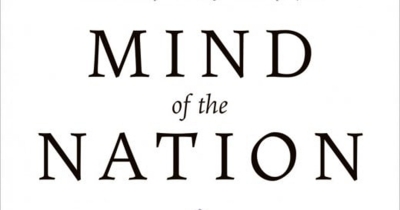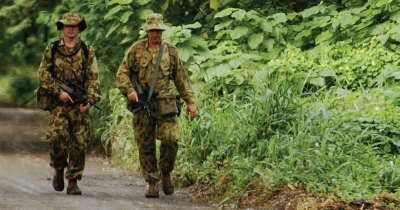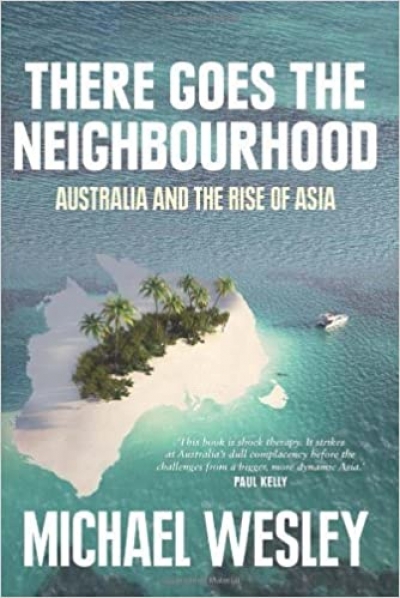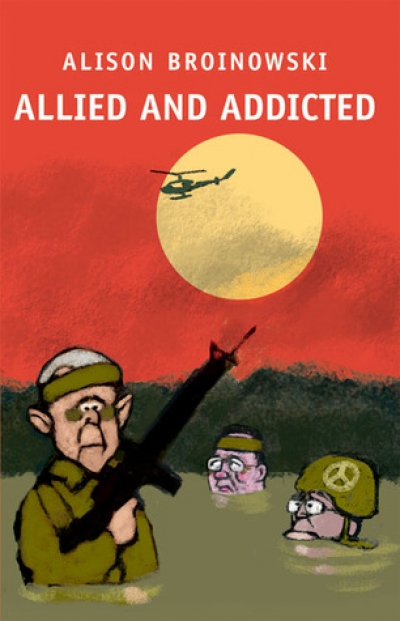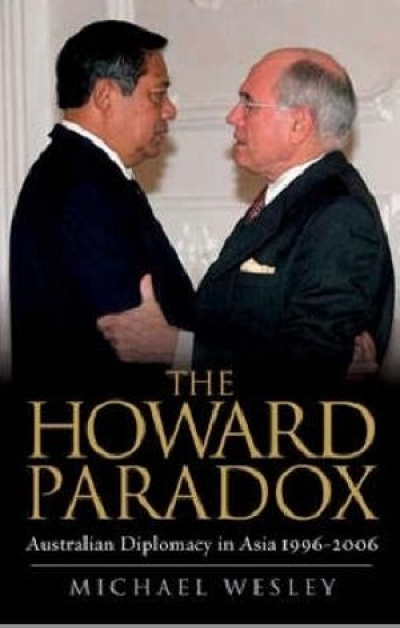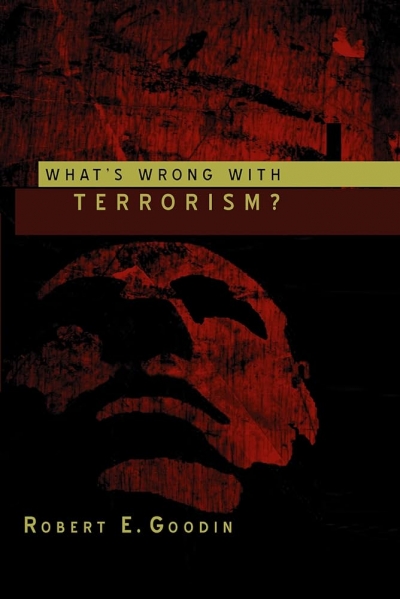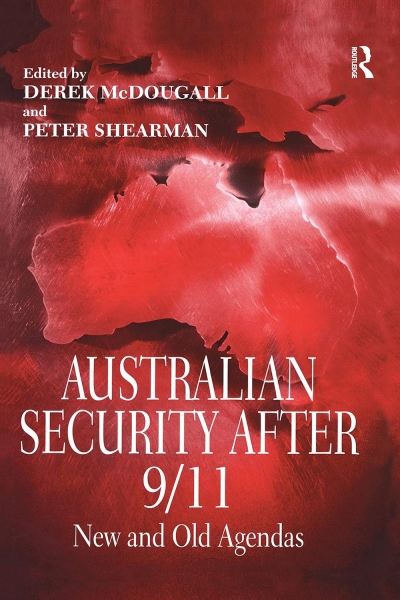Michael Wesley
Mind of the Nation: Universities in Australian life by Michael Wesley
by John Byron •
Helpem Fren: Australia and the Regional Assistance Mission to the Solomon Islands by Michael Wesley
by Ceridwen Spark •
There Goes the Neighbourhood: Australia and the Rise of Asia by Michael Wesley
by Hugh White •
The Howard Paradox: Australian diplomacy in Asia 1996–2006 by Michael Wesley
by Allan Gyngell •
Australian Security After 9/11: New and old agendas edited by Derek McDougall and Peter Shearman
by Michael Wesley •

